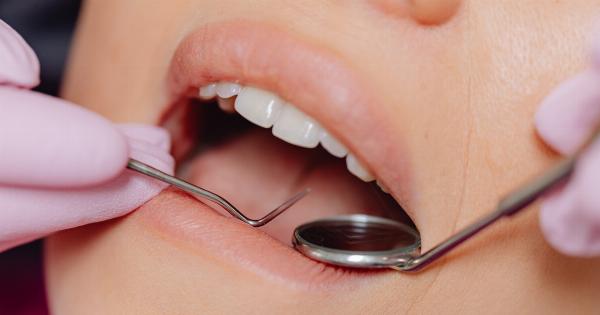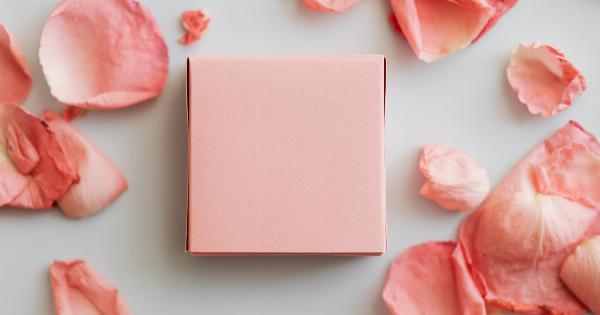Sensitive teeth can be a real pain, both literally and figuratively. If you suffer from sensitive teeth, you know how uncomfortable it can feel to eat or drink certain foods and beverages.
Luckily, there are things you can do to ease the discomfort of sensitive teeth. Here are 10 tips to try:.
1. Use a desensitizing toothpaste
Desensitizing toothpaste can help to block pain signals from reaching the nerves in your teeth. Look for toothpaste that is specifically designed for sensitive teeth and use it regularly.
2. Avoid acidic foods and drinks
Acidic foods and drinks can wear away the protective enamel on your teeth, making them more sensitive. Avoid citrus fruits, sodas, and other acidic foods and drinks if you have sensitive teeth.
3. Use a soft-bristled toothbrush
Using a hard-bristled toothbrush can be abrasive to your teeth and cause sensitivity. Use a soft-bristled toothbrush instead and avoid brushing too hard.
4. Consider a fluoride treatment
Fluoride treatments can help to strengthen the enamel on your teeth and reduce sensitivity. Talk to your dentist about whether a fluoride treatment would be beneficial for you.
5. Use a mouthguard
If you grind your teeth at night, consider using a mouthguard to protect your teeth and reduce sensitivity.
6. Rinse with salt water
Rinsing with salt water can help to reduce inflammation and soothe sensitive teeth. Mix a teaspoon of salt into a glass of warm water and rinse your mouth with it several times a day.
7. Chew sugar-free gum
Chewing sugar-free gum can stimulate saliva production, which can help to neutralize acid and reduce sensitivity.
8. Avoid over-brushing
Brushing your teeth too hard or too often can wear away enamel and cause sensitivity. Brush your teeth gently twice a day.
9. Use a mouthwash
Mouthwash can help to reduce pain and sensitivity in your teeth. Look for a mouthwash that is designed for sensitive teeth.
10. Visit your dentist regularly
Regular dental check-ups can help to identify and treat problems that can cause sensitivity. Make sure to visit your dentist at least twice a year.




























